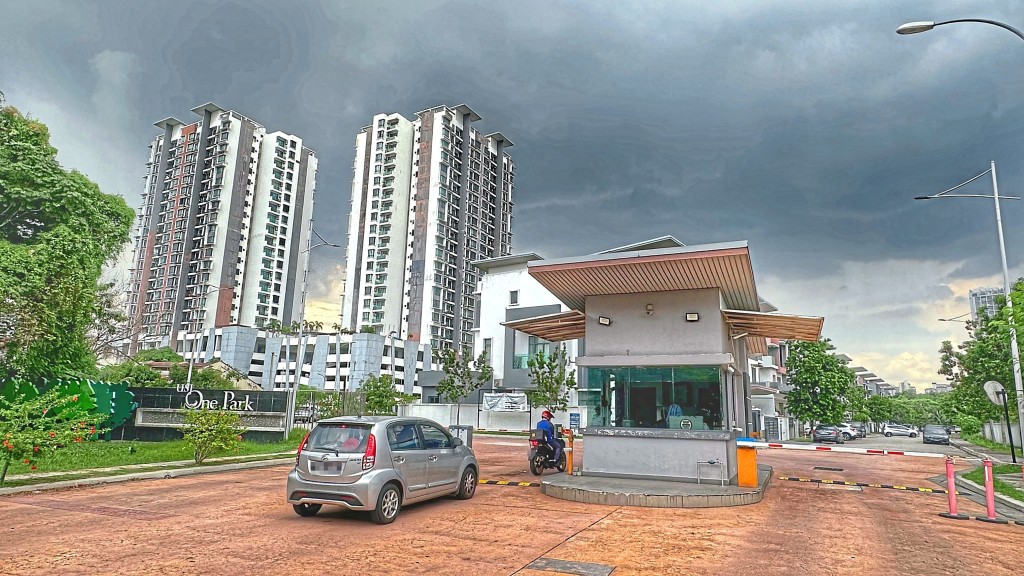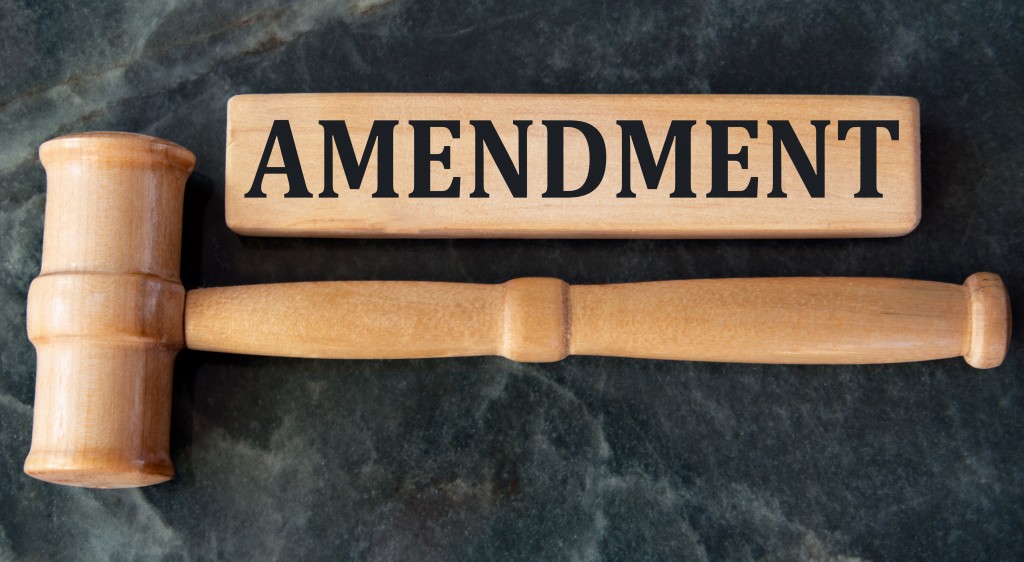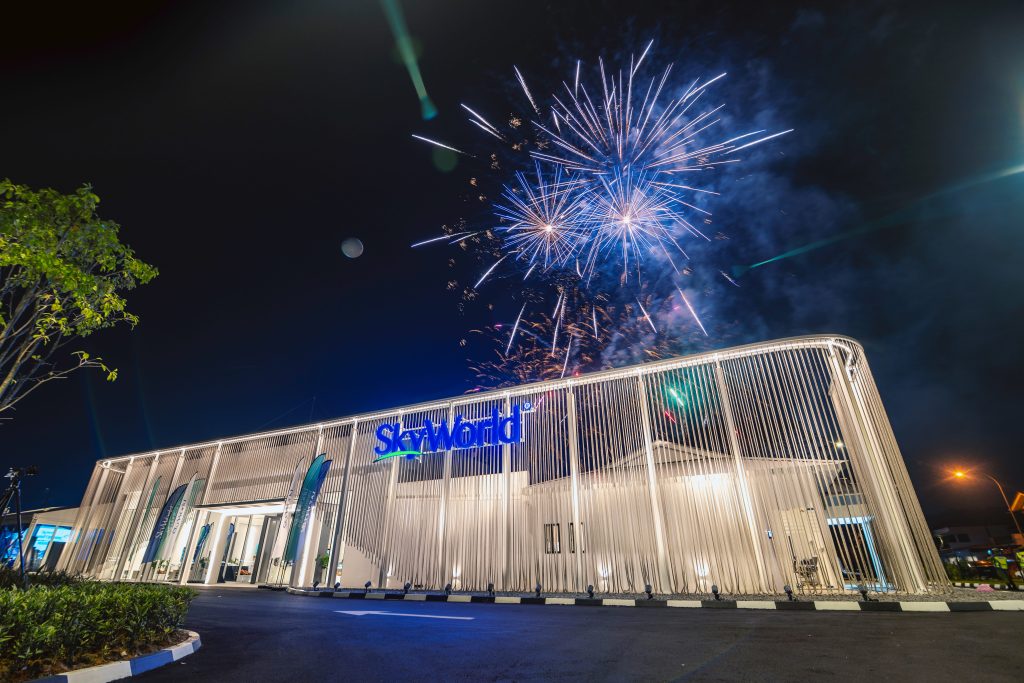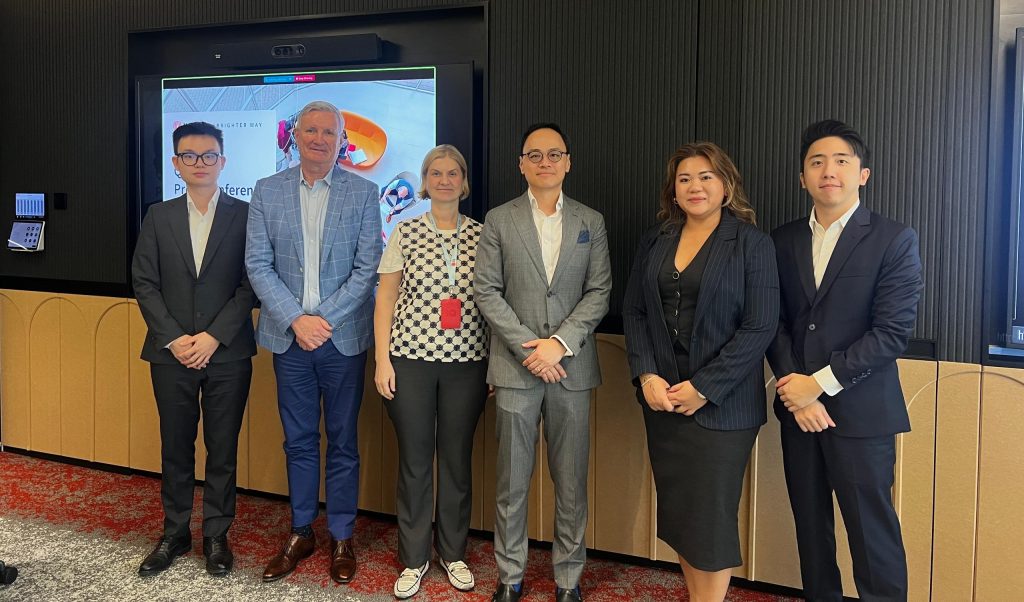By Datuk Chang Kim Loong
Continuing the article entitled Selangor Sets a Precedent with Bumi Lot Penalty Waiver, this Part 2 article discusses what should be an appropriate amount to be paid.
In a letter dated Jan 27, 2025 from the Selangor Property and Housing Board (LPHS) to the land proprietor’s liquidator, it was stated that the appeal to waive all bumiputera discount payments and quota violation charges for 207 residential units in USJ One Park, totaling RM15.32mil, had been approved by the Selangor State Executive Council (MMKN).
The letter also indicated that the State has granted permission for ownership transfers to the buyers who had been awaiting their titles and that the transfer process must now be completed at a reasonable fee.
Both the land proprietor and property developers are in creditors’ voluntary liquidation and wound up, respectively and are now in the hands of two sets of private liquidators. They have since given notice to all affected owners of their desire to conduct a purported ownership verification exercise and transfer of titles, with their fees as stated in Table 1.
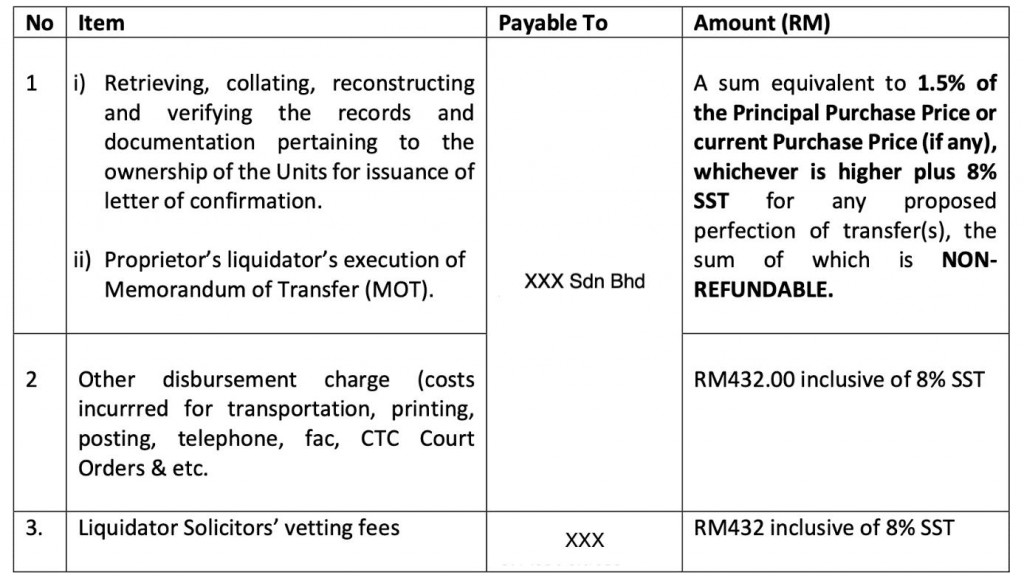
All liquidators' fees collected by XXX Sdn Bhd will be shared by the Liquidators of the Proprietor and the Developer.
The question remains whether the alleged fees for verification are deemed reasonable in the eyes of LPHS. Perhaps the aggrieved owners could seek a declaration from the Court of Law to determine what fee is truly considered reasonable.
Liquidators merely bare trustees
It is an established principle of law that upon full payment by purchasers, a developer becomes a bare trustee of the property. In other words, once a developer receives the full purchase price for a property, they are no longer its true owner. The developer simply holds the property in trust for the purchaser's benefit. As a bare trustee, the developer has no beneficial interest in the property, thus, they cannot deal with or treat it as their own.
Once a liquidator is appointed, they step into the developer’s shoes. This means the liquidator assumes the same role as a bare trustee and is not entitled to any benefits beyond those the developer would have received. Similarly, a liquidator is not authorised to deal with the property other than to transfer it to the rightful purchasers. Pending the transfer of titles to purchasers, the liquidator acts as an interim caretaker for the sold property. As a bare trustee, the liquidator is strictly prohibited from profiting themselves using the trust property.
A breach against housing legislation
Significantly, an amendment to the Housing Development (Control & Licensing) Act, 1966 (Act 118) (HDA), which took effect on June 1, 2015 extends the definition of housing developer to include "a person or body appointed by a court of competent jurisdiction to be the provisional liquidator or liquidator for the housing developer."
This amendment, which now includes a liquidator as a housing developer, aimed to bridge the gap when a developer is wound up before completing their duties and contractual obligations under Act 118. Their duties include finishing construction, delivering vacant possession and applying for individual or strata titles, thereby preventing purchasers from being left in a difficult situation. As a direct result of this amendment, a liquidator is now subject to the duties and responsibilities imposed by the HDA and may be held liable for breaching the duties of a de facto housing developer.
In theory, a liquidator should not be allowed to charge or impose any additional administrative fees when carrying out their duties since they are assuming the affairs and responsibilities of the defunct developer, as contracted in the Sale and Purchase Agreement (SPA).
Section 22D(3) of the HDA stipulates, among other things: A housing developer (in this case, liquidator) shall keep and maintain an up-to-date, proper and accurate register of all purchasers of the housing accommodation until separate or strata titles for all the housing accommodation in the housing development have been issued by the appropriate authority and registered in the names of all the purchasers of the housing accommodation in that housing development.
With a proper record of purchasers, liquidators should face little difficulty in issuing written confirmations when requested. For this precise reason, the HDA provides that a developer is only allowed to collect a fee not exceeding RM50 for issuing a written confirmation. The SPAs adopting the statutory format set out in the Housing Development Regulations 1989 have been consistently regarded by the Courts of Law as having the effect of statutory provisions. These agreements clearly state that it is the developer’s duty to execute the transfer documents upon the issuance of individual titles in favor of purchasers.
By collecting administrative fees above and beyond the cap set out in the HDA, the liquidators are effectively seeking a fee to perform duties that they are already legally required to perform.
Why should property buyers be held to ransom?
Liquidators are appointed by the court to manage the affairs of wound-up companies, specifically to realise the company’s assets and pay creditors. As such, they are considered to be performing duties on behalf of the Court and are viewed as officers of the Court.
Furthermore, as a bare trustee, a liquidator is expected to diligently verify purchaser records whenever required. They should not be allowed to profit beyond what is expressly permitted by the Court when discharging their duty as an officer of the Court.
While liquidators should rightfully be reasonably remunerated for their duties, their gains are supposed to come from the sale and realisation of the defunct company’s assets, including unsold housing units. If there is no money to be made from this process, liquidators have the right to decline the appointments in the first place. They should not attempt to impose extra top-ups on already burdened victims of an abandoned housing project. Their remuneration must comply with the Companies Act 2016.
If liquidators are permitted to collect administrative fees, these fees should be kept at a reasonable level, solely to cover expenses for retrieving and verifying purchase records. Any attempts to seek additional profit beyond what is statutorily allowed should be stopped. Liquidators must not be allowed to hold purchasers to ransom. After all, individual and strata titles are not assets themselves, they are the purchasers’ ownership papers.
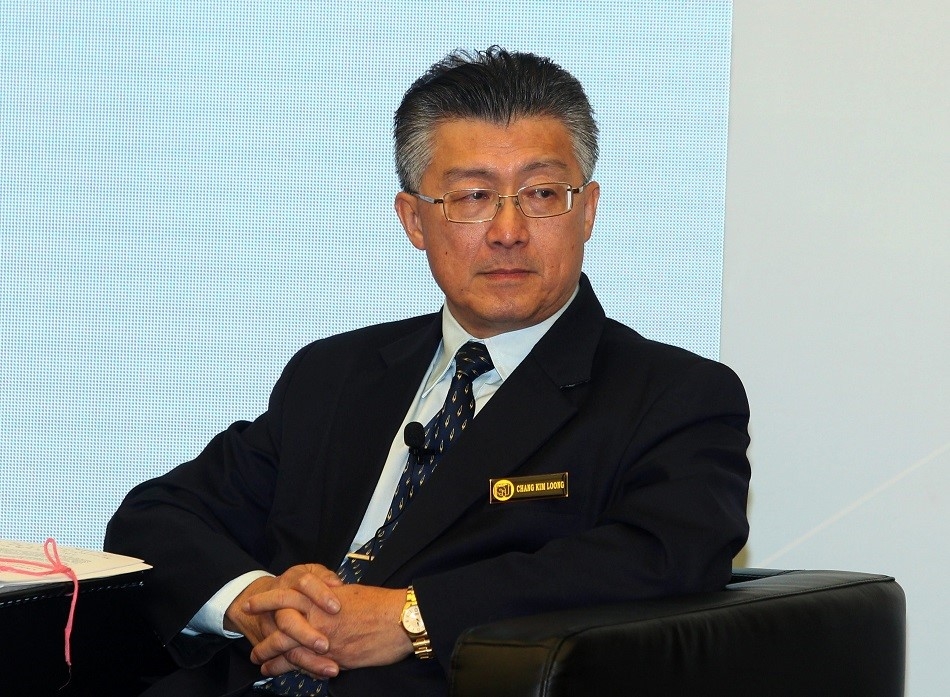
Datuk Chang Kim Loong is the honorary secretary-general of the National House Buyers Association (HBA).
Stay ahead of the crowd and enjoy fresh insights on real estate, property development and lifestyle trends when you subscribe to our newsletter and follow us on social media.



